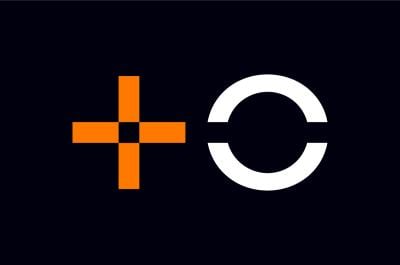-
MasOrange is now Spain's largest telecom operator in terms of customers
-
Work starts on melding together the operations of two formerly separate groups
-
The creation of MasOrange presents a new competitive threat to rivals Telefónica and Vodafone Spain
As widely speculated, MasOrange has just been officially unveiled as the brand of the new independent entity that has emerged from the merger of Masmovil with Orange Spain.

The 50:50 joint venture, now Spain’s largest telecom operator in terms of customers, is fully up and running, with a new +O logo, website, and X handle. It starts with over 30 million mobile lines, 7.3 million broadband customers and 2.3 million TV users. It also claims to have 98% 4G and 80% 5G population coverage and a fiber network that passes over 29 million homes.
In terms of employee numbers, the JV said it has a “single team made up of more than 8,500 professionals and with more than 50,000 additional indirect jobs.” It becomes one of the 20 largest companies in Spain with revenue of more than €7.4 billion, EBITDA of over €2.6 billion and a valuation in excess of €18.6 billion.
While the merger transaction process has been tough, the work now starts on melding together the operations of two formerly separate groups. To be sure, some difficult decisions lie ahead, such as whether or not any of the group’s multiple sub-brands should be retired, and if jobs cuts are required owing to overlapping roles.
Nips and tucks
As things stand, MasOrange said it will continue to develop its multi-brand strategy and retains nine national and five regional sub-brands.
The national brands are Orange, Yoigo, Jazztel, Masmovil, Simyo, Pepephone, Lebara, Lyca and Llamaya. The regional brands are Euskaltel, R, Telecable, Guuk and Embou. It noted that Euskaltel, R and Telecable “will continue to be the reference brands in their respective markets.”
Furthermore, the JV will continue to offer adjacent services such as green energy, financial services, insurance, alarms and telemedicine through the various brands.
Apart from Orange, Jazztel and Simyo, all of the brands are inherited from the numerous acquisitions made by Masmovil in recent years. It’s not yet clear what will be the fate of certain Masmovil brands such as Hits Mobile, Netllar and Ocean’s, all of which still have a web site but are not included in the MasOrange list.
Local media reports are suggesting that a cull of smaller brands has already begun, starting with Ocean’s.
In terms of jobs, MasOrange CEO Meinrad Spenger has reportedly ruled out the implementation of a collective dismissal process, but early retirement or other incentives could be on the table. According to the news site CincoDias, the JV will ultimately have a workforce of close to 7,000 people.
Looking further ahead, MasOrange aims to invest around €4 billion in the next three years with a focus on increasing its 5G coverage to above 90% of the population, and passing up to 6 million additional homes and more than 1,700 new municipalities with its fiber network.
Shifting positions
The creation of MasOrange certainly reshapes the Spanish telecom market and presents a new competitive threat to rivals Telefónica and Vodafone Spain. In addition, the requirement for remedies to gain European Union merger approval means that another fourth mobile network operator could enter the fray in the form of Digi Spain, which now has spectrum and wholesale network arrangements at its disposal.
According to the country’s regulator Comisión Nacional de los Mercados y la Competencia (CNMC), Telefónica Spain was the largest operator by customer count in fixed and mobile markets in 2022. However, a combined Orange‑Masmovil would exceed it in all key markets except fixed lines, according to CNMC figures for 2022.
Spanish news site Xataka Movil has made its own calculations, noting that MasOrange would have 41.8% of the fixed broadband market, 42.8% of the mobile market and 31.6% of the TV market in 2024. Telefónica would therefore be in second place in fixed broadband and mobile, but retain leadership in TV as well as accumulated annual retail income, while Vodafone Spain (currently being sold to Zegona) would be ranked third in all segments.
